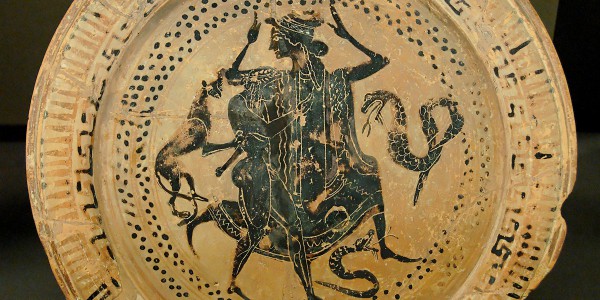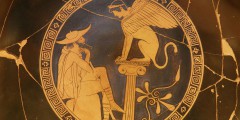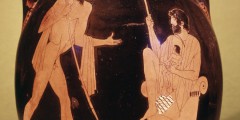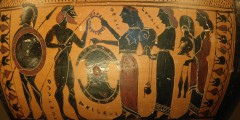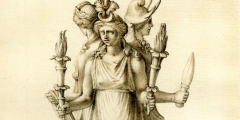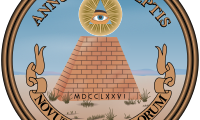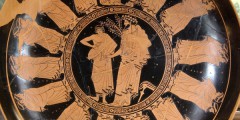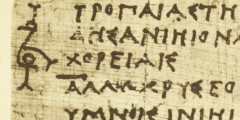Thinking about Thinking about Ancient Greek Religion (2)
August 31, 2014
In January 2014, the Ancient Religions and Cognition (ARCog) project held its second workshop: on Transmission. Esther Eidinow gives an overview of the meeting, during which participants explored the theme of religious transmission using cognitive theorizing to think about ancient evidence, and vice versa. You can find out more about the project and the workshop, …
A Midsummer Night Reverie (2): more lost tragedies
August 15, 2014
In this post I (belatedly) publish the second part of Alan Sommerstein’s thoughts on Nick Lowe’s paper on tragic fragments, delivered to the Nottingham Branch of the Classical Association. In the first part of this post, I reported Nick Lowe’s top ten lost tragedies from his excellent paper at the AGM of the Nottingham …
A Midsummer Night Reverie: ten top “lost” tragedies (and more) (1)
August 3, 2014
This post is by Professor Alan Sommerstein. A few weeks ago – on 24 June, Midsummer Day, to be precise (whence my title) – the Nottingham branch of the Classical Association held its Annual General Meeting (at Loughborough, whose admirable schools and teachers have long been one of the branch’s mainstays). Between the business meeting …
Classics and the First World War: ‘Stand in the trench, Achilles’
July 13, 2014
A hundred years since the summer of 1914: people’s minds are turning to the First World War. I thought it might be of interest to spend a little time here drawing attention to some of the various ways in which this war was experienced, described and commemorated in connection with Classics. This poem was composed …
Simaetha revisited (1)
July 4, 2014
How silly is it to use a parody or joke to flag up features on an ancient text? In my post Simaetha’s letter, I provided a letter to an agony aunt, as if written by Simaetha, the speaker of Theocritus 2. This poem (a favourite of mine, which I teach as part of the first …
Simaetha’s letter
June 7, 2014
Strange things happen during the marking period… In between thinking about the first year literature course and whether I should have included more Hellenistic poetry, and looking at m’learned colleague Esther Eidinow’s ancient solutions to modern problems on this blog, I somehow came up with this: an appeal for a modern solution to an ancient …
CA report: Legacies of Greek Political Thought in America
April 28, 2014
CA conference: Legacies of Greek Political Thought in America Nottingham PhD student John Bloxham reports on a panel at the recent CA conference in Nottingham. For a postgraduate student, of a nervous temper, being asked to convene a panel was cause for a little anxiety. But with the panel taking place at the …
Thinking about Thinking about Ancient Religion
April 12, 2014
In July 2013, the Ancient Religions and Cognition (ARCog) project held its first workshop. Esther Eidinow tells us how, over the course of two days, participants explored the theme of religious authority, using cognitive theorizing to think about ancient evidence, and vice versa. You can find out more about the project and the workshop, and …
When Texts Are Things: the writing’s on the wall
March 23, 2014
It would be easy to think that new material in ancient literature was confined to a small number of very rare discoveries – but actually the evidence changes all the time. Here is just one small, unspectacular but nevertheless exciting example… When I last posted here, it was about the ‘New Sappho’, forthcoming in Zeitschrift …
Martial and first world problems
March 17, 2014
The first world problem meme might seem a relatively recent invention but the late first-century AD poet Martial was already playing with the idea. Some examples of #firstworldproblems: ‘Just got a splinter in my finger from an avocado stone. Guacamole injury.’ ‘No shiraz so had to use merlot in the beef bourguinon.’ featured here. More …

